The composer that Finland forgot
NewsToday is the centenary of the birth of Joonas Kokkonen.
From the 1960s to the 1980s, he was the leading Finnish symphonist, citing Bartók and Bach as major influences and sharing an international award with Witold Lutoslawski. His 1975 opera “The Last Temptations” was performed internationally over 300 times, including a 1983 appearance at the Metropolitan Opera.
As a leading national figure, Kokkonen was pressed into service on multiple committees and achieved a boom in state funding for orchestras and opera. The meetings stole time and energy from his composing practive and his later years were barren.
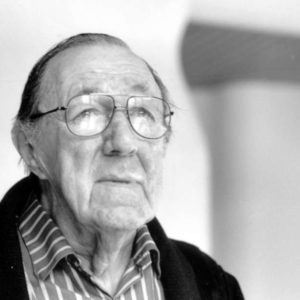

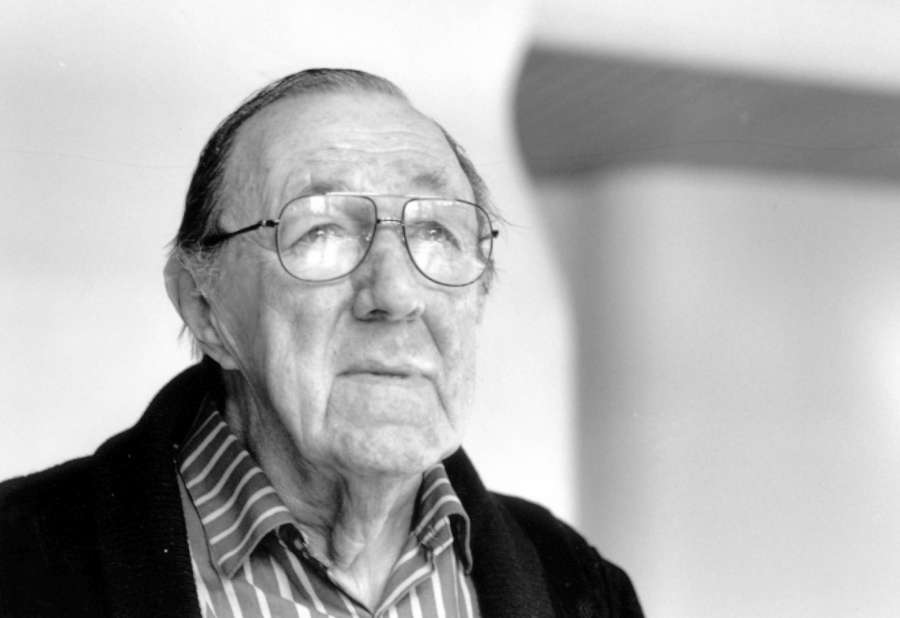
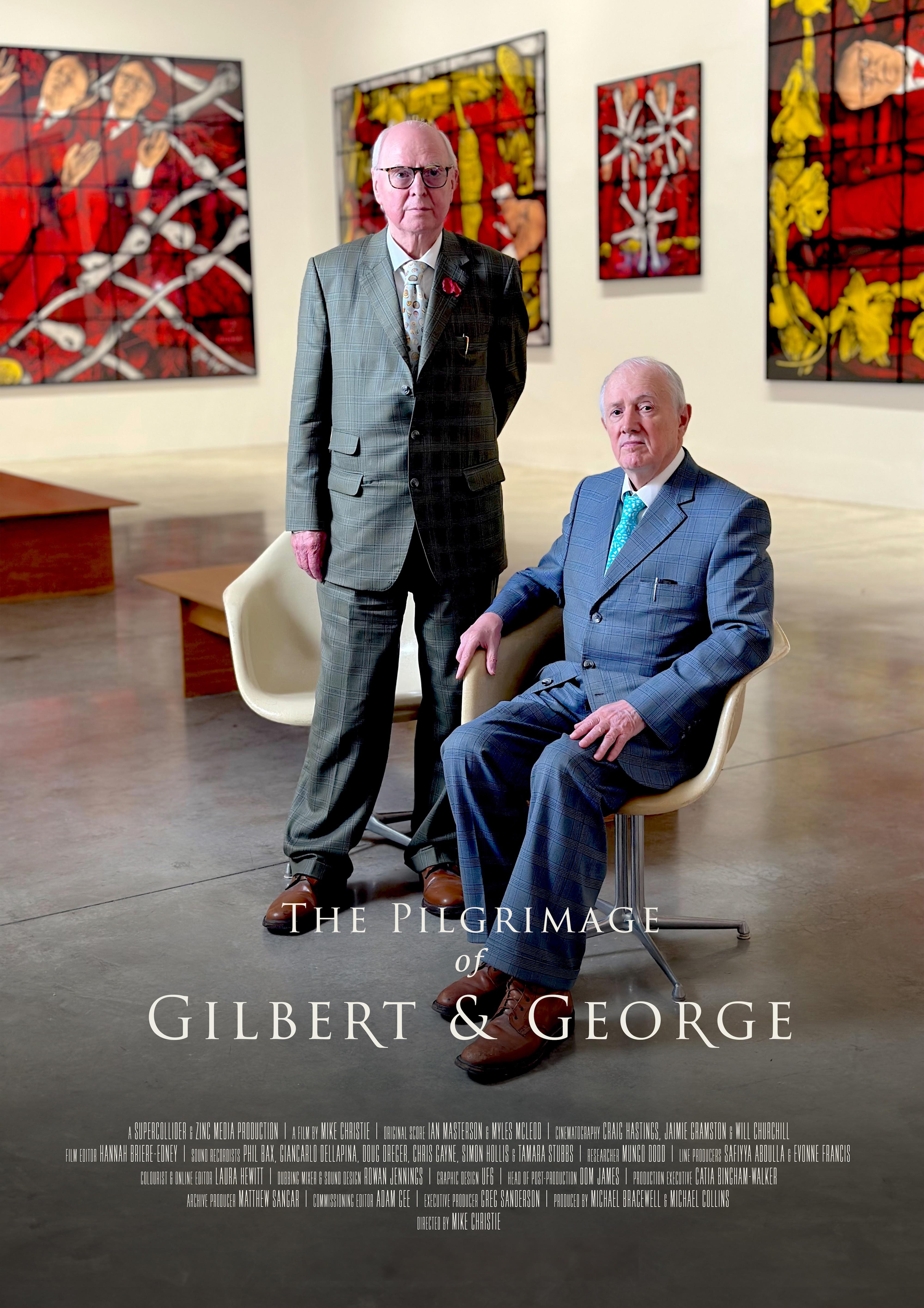
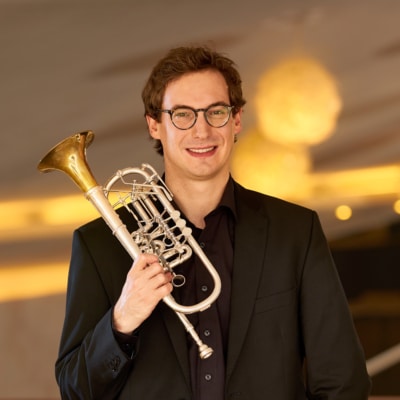
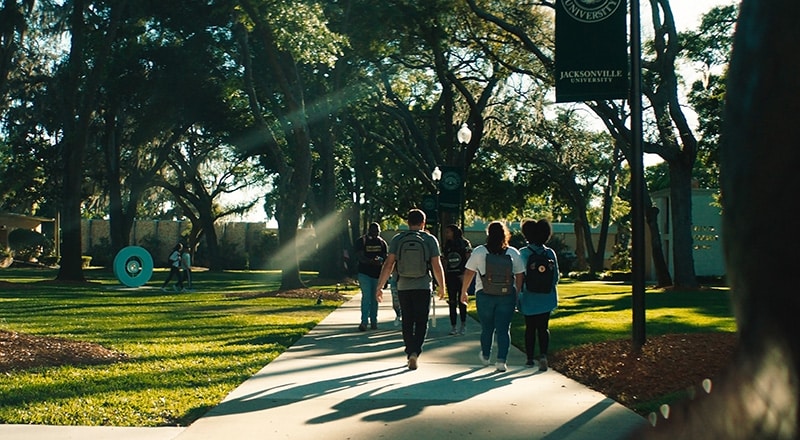
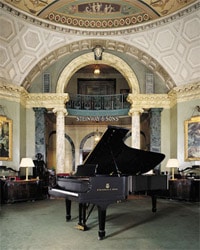
Comments